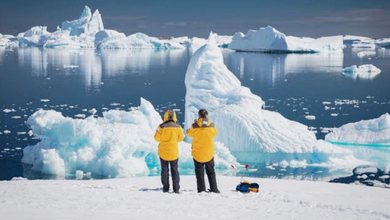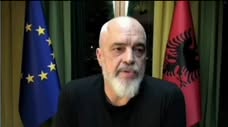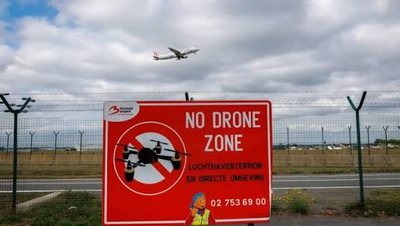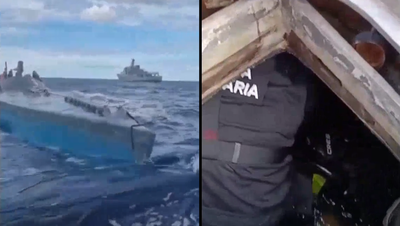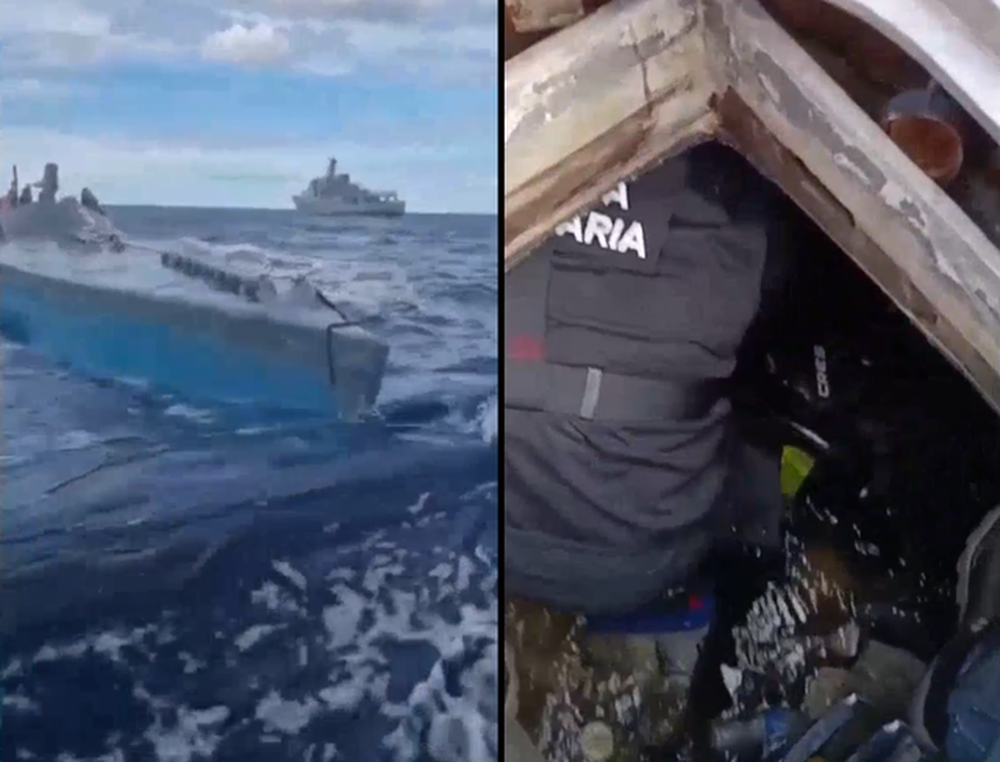
Portuguese authorities have intercepted a submarine in the Atlantic Ocean carrying more than 1.7 tons of cocaine to the Iberian Peninsula, arresting four crew members. The operation has been ongoing for the past few days and involves the coordination of the Portuguese police and navy.
Footage released by authorities shows security forces surrounding the vessel and boarding it, seizing the Class A narcotics and arresting the four crew members, all of South American origin. Police said those arrested included two Ecuadorians, a Venezuelan and a Colombian, who were remanded in custody after appearing in court in the Azores islands on Tuesday.
The head of Portugal's anti-drug unit, Vítor Ananias, stated that the different nationalities of the suspects indicate that the criminal organization behind it operates internationally and not from a single country.
According to information from the Maritime Analysis and Operations Center (MAOC) based in Lisbon, a criminal organization had planned to launch a submarine loaded with cocaine, destined for European markets. A Portuguese ship managed to locate the vehicle about 1,000 nautical miles (about 1,850 kilometers) off the coast of Lisbon, in an operation also supported by the British National Crime Agency and the US Drug Enforcement Administration (DEA).
After being seized, the vessel could not be towed to shore due to bad weather and its fragile structure, so it later sank in the open sea. Vítor Ananias told reporters:
"Between the heat, the fuel fumes and the high waves, staying on board is extremely difficult. After 15 or 20 days, all you want is to escape."
Such cases have become frequent in recent years. In March of this year, another similar vessel carrying 6.5 tons of cocaine was stopped about 1,200 nautical miles from Lisbon.
The incident comes as the US administration of former President Donald Trump has intensified its crackdown on suspected drug trafficking vehicles heading to the US. Just last week, three people were killed in a US raid on a suspected drug trafficking vehicle in the Caribbean, US Defense Secretary Pete Hegseth said.










